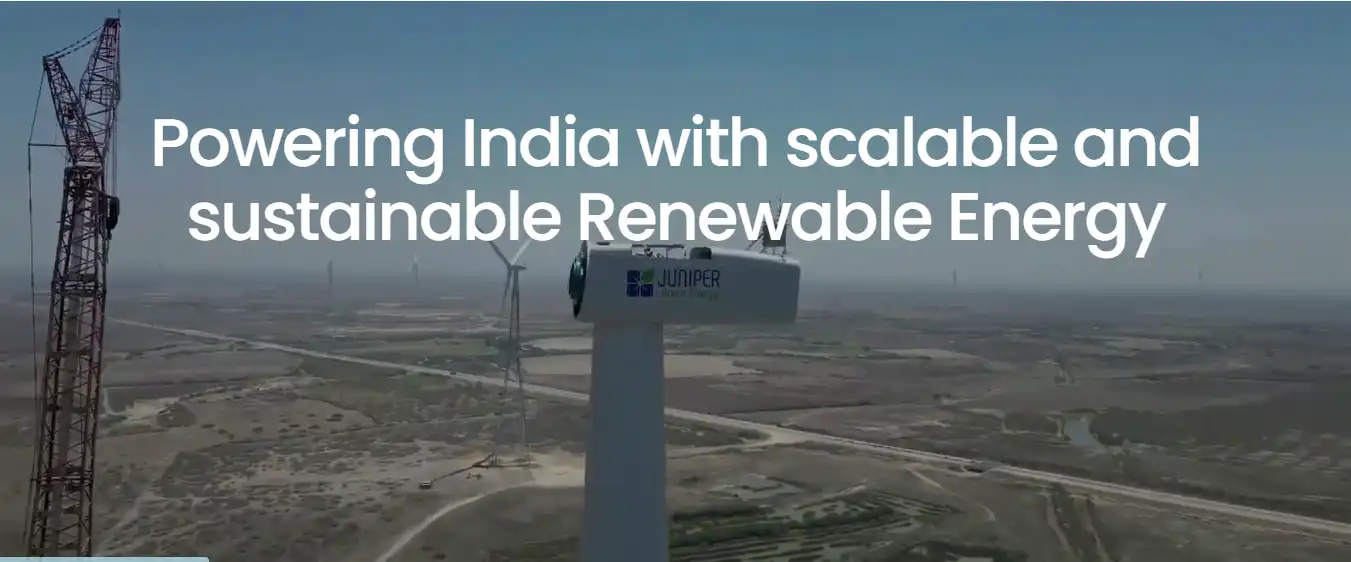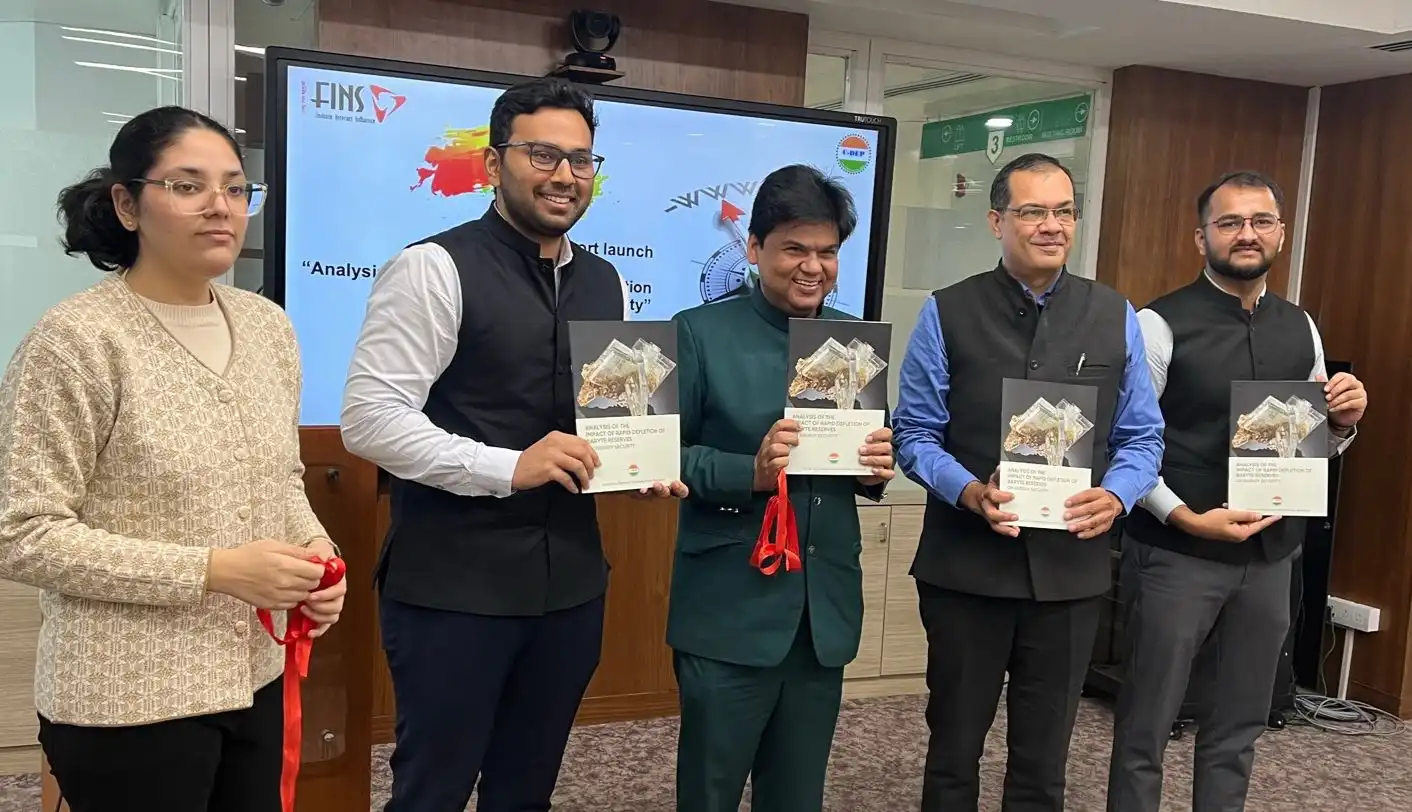Despite coordinated efforts by various stakeholders, including administrators and environmental organisations, India continues to face the persistent challenge of escalating air pollution, especially in its rapidly growing metropolitan areas. Even during the COVID-19 pandemic, when vehicular traffic was restricted, the pollution levels in major cities showed little significant change. For instance, a 2021 analysis by the National Clean Air Program (NACP) revealed that urban ground-level ozone, a hazardous pollutant, increased across ten cities in Maharashtra, despite a reduction in vehicular and industrial pollution during the two-month lockdown. The Maharashtra Pollution Control Board (MPCB) also confirmed these findings.

One of the key cities that witnessed a major surge in surface ozone in Maharashtra, was Thane. As a result of pervasive urbanization and deforestation activities, the city is facing substantial challenges like loss of greenery and unpredictable weather conditions. Moreover, cyclical deforestation has also affected tribal livelihoods in Thane, making it vulnerable to natural disasters, including cyclones. When cyclone Nisarga (2020) hit, Thane was one of the hardest-hit regions.
To address these challenges and rejuvenate Thane, environmental organisation Grow-Trees.com, introduced the ‘Trees for Mumbai Metropolitan Region" project. Upon completion of the initial phase, over 85,000 local tree species have been planted on Forest Department land in Mhaskal and on land owned by village institutions in Ghotsai and Pise villages, located on the outskirts of Titwala City in Thane.
Pradip Shah, co-founder of Grow-Trees.com, says that the Thane tree-planting project will enhance forest cover by almost 50 acres, fostering a more extensive and healthier habitat for local wildlife. This initiative is in alignment with the United Nations 2030 agenda, specifically contributing to Sustainable Development Goals on Climate Action (Goal 13) and Life on Land (Goal 15).

“A tree not only enhances air and ecosystem quality but also acts as a silent warrior against climate change. Mature trees, with the incredible ability to absorb around 20kg of CO2 annually, play a vital role in our collective efforts to combat climate change. Trees serve as guardians of biodiversity and reduce harmful particulate matter in the air. By planting trees, we commit to a sustainable, greener, and healthier future for all," he says.
The various species planted under the project include Mango (Mangifera Indica), Chikoo (Manilkara Zapota), Jackfruit (Artocarpus Heterophyllus), Guava (Psidium Guajava, Teak Wood (Tectona Grandis), Acacia (Acacia Auriculiformis), Karanj (Millettia pinnata), and Neem (Azadirachta Indica). Grow-Trees is also planning to extend the green cover to more areas in Maharashtra by launching additional projects in the coming years.
Similar projects are also being planned at the outskirts of other urban centers to tackle environmental challenges caused by burgeoning urbanization.




